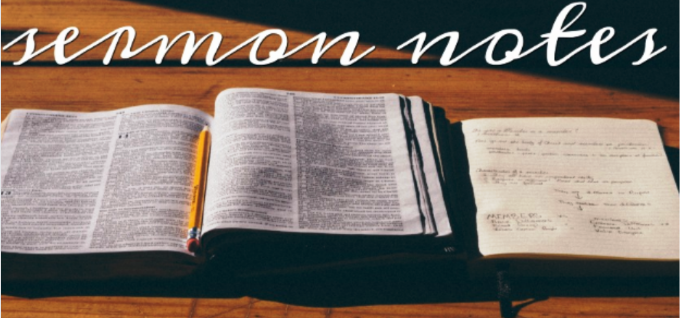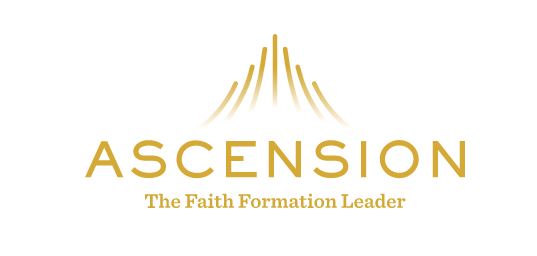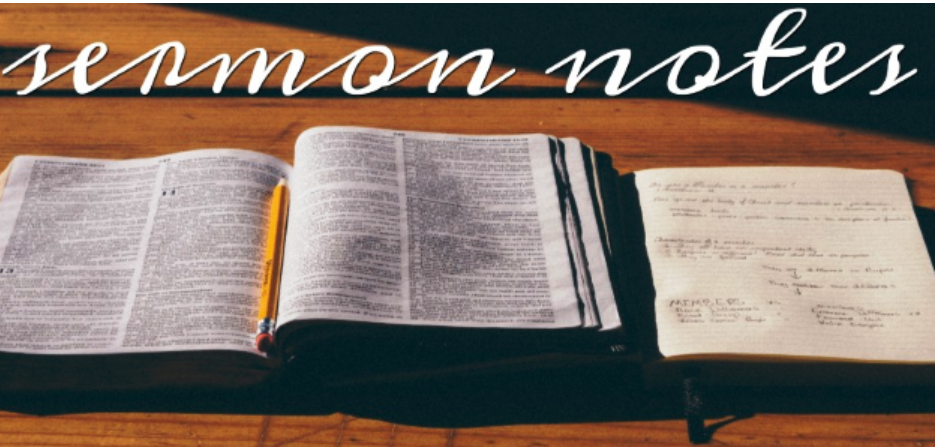
“If They Can Do It, So Can We”
Father Peter Fitzgibbons
October 29 – 30, 2022
Gospel: Luke 19:1-10
1 He entered Jericho and was going through the town 2 and suddenly a man whose name was Zacchaeus made his appearance; he was one of the senior tax collectors and a wealthy man. 3 He kept trying to see which Jesus was, but he was too short and could not see Him for the crowd; 4 so he ran ahead and climbed a sycamore tree to catch a glimpse of Jesus who was to pass that way. 5 When Jesus reached the spot He looked up and spoke to him, ‘Zacchaeus, come down. Hurry, because I am to stay at your house today.’ 6 And he hurried down and welcomed Him joyfully. 7 They all complained when they saw what was happening. ‘He has gone to stay at a sinner’s house,’ they said. 8 But Zacchaeus stood his ground and said to the Lord, ‘Look, sir, I am going to give half my property to the poor, and if I have cheated anybody I will pay him back four times the amount.’ 9 And Jesus said to him, ‘Today salvation has come to this house, because this man too is a son of Abraham; 10 for the Son of man has come to seek out and save what was lost.’
This week we are celebrating All Saints Day and All Souls Day. They are feasts of the Church because they fall within the science of the Church called Ecclesiology. . .a sacred science. Ecclesiology falls under what? Christology, because the Church is not a “what” or an “it”. “Itt” was the member of the Adams Family who had a lot of hair. The Church is a Who. As scripture tells us, it is the Body of Christ. And we do not refer to a body as an “it.” Calling the Church an “it” is blasphemy. Making a mockery of things that are holy or sacred is blasphemy and a sin. There are three parts of the Church. We are the Church Militant because we are still working on our salvation. This week we are mindful of the other two parts of the Church: the Church Triumphant (souls in Heaven) and the Church Suffering (souls in Purgatory).
On All Saints Day, we call to mind all of those who have used the means of faith to reach their goal of salvation. They leave behind for us an example and a map of the mine field to follow. “This is how I got through the mine field. Walk where I walked, and if you don’t see a footprint, do not step there. Follow in my footsteps, and you will be fine.” The saints leave us with that, so we have the same means and opportunities as they had. Time is insignificant to God. So, when we read about the lives of the saints, we are encouraged because they suffered so much, and we can see our sufferings in theirs. And if they can do it, we can too.
On All Souls Day, we pray for all souls that are not in a perfect state of grace and cannot yet enter Heaven because nothing imperfect can reside with the Perfect. “Well, that’s unfair.” No, not really. Would you like a little bit of listeria (a bacterial infection) in your salad? How about a bit of botulism? Maybe some Covid? How about a smidgen of the norovirus (vomiting virus)? No? The Feast of All Souls gives us consolation. It is a feast of God’s love because it is a feast of God’s mercy. You have to be judged before you can receive mercy. You cannot just walk down to the courthouse and say, “I’m throwing myself on the mercy of the court.” The judge will say, “Great. I appreciate that. What have you done?” You have to be guilty of something before you can receive mercy. Mercy is a manifestation of God’s love after death. So, while those in Purgatory are cleaning their baptismal robes, we can help them enter Heaven sooner by our prayers and sacrifices. Going back to the courthouse story, if you are found to be guilty, the judge will say, “Sorry, you are guilty. You have to pay $1,000 or do 30 days of eating bologna sandwiches in jail.” You say, “I don’t have a $1,000, so I guess I’ll take the bologna special.” But then the judge says, “Here is $1,000 bucks, you can go.” Thank you! Would you be grateful that you wouldn’t have to spend 30 days in jail eating bologna sandwiches or the square fish at Felon University (FU)? Oh yeah! That is how the souls can be helped, because in Heaven our love is not only purified but it is expanded to all, not just our friends and family but to the entire Church. We don’t realize it, but we have countless intercessors in Heaven. They are always praying, 24/7 and 365, before the Father on our behalf for our temporal welfare, but most importantly, for our spiritual welfare – that where they are we shall also be.
Perhaps, especially on All Saints Day, we can say “thank you.” Saying “thank you” is one of the greatest things about prayer that is neglected. Thanksgiving is one of the five points of the Mass, but is often neglected because it is the last part of the Mass. As soon as the Communion is finished, there is a race to the door to leave. And I ask Doc or Stump if I gave them permission to leave. No! What is happening in Albemarle that people are in such a hurry to leave? I know it is legal now to walk around town with booze. . . just what this town really needed. What’s the draw? Where’s the “thank you”? If someone came to your house and got dessert but left while you were getting the coffee, you would be hurt, wouldn’t you? So, stay a few more minutes to say, “thank you, God.” Even in your prayers, stop to say, “thank you.” When you get up in the morning, thank God for another day. Thank Him for not letting you have a heart attack, get sick, or commit a mortal sin. Say simple prayers just like that. On All Saints Day, we could offer our prayers of thanks and just be aware of how many people love us. . .billions upon billions of those in Heaven are expressing their love. In the words of Saint Therese de Lisieux, “I will spend my eternity in Heaven doing good on Earth.”
Father’s Reflections. . .
It’s Halloween, and I had this spooky thought. I remembered about a time when I was overseas in the first Gulf War and Desert Storm which turned into Desert Shield. The XO, the second in command of the battalion, ordered everyone in the battalion to fill out their death certificate. We completed the form except for our date of death. We kept that form in our wallets in case we had the whack put on us. Thank you, sir! I’ve gone to bed with happier thoughts. I still have that form. When we were being deployed to the Middle East, my assistant saw me take one of the two dog tags I wore around my neck and put it inside my boot. He asked me, “Sir, why are you doing that?” Well, in case one part of my body gets separated from the other part there will be something to send home to my parents. He said, “Oh.” Do you know what we do for a living here? We work in a very dangerous neighborhood!
How will you apply this message to your life? ______________________________________








